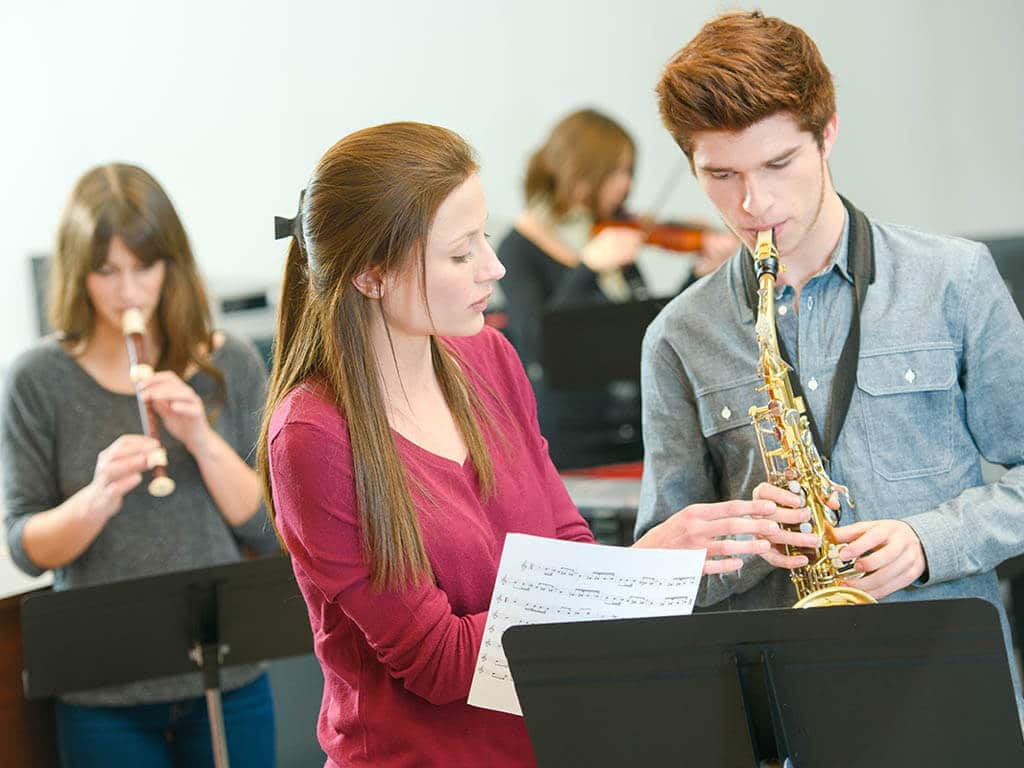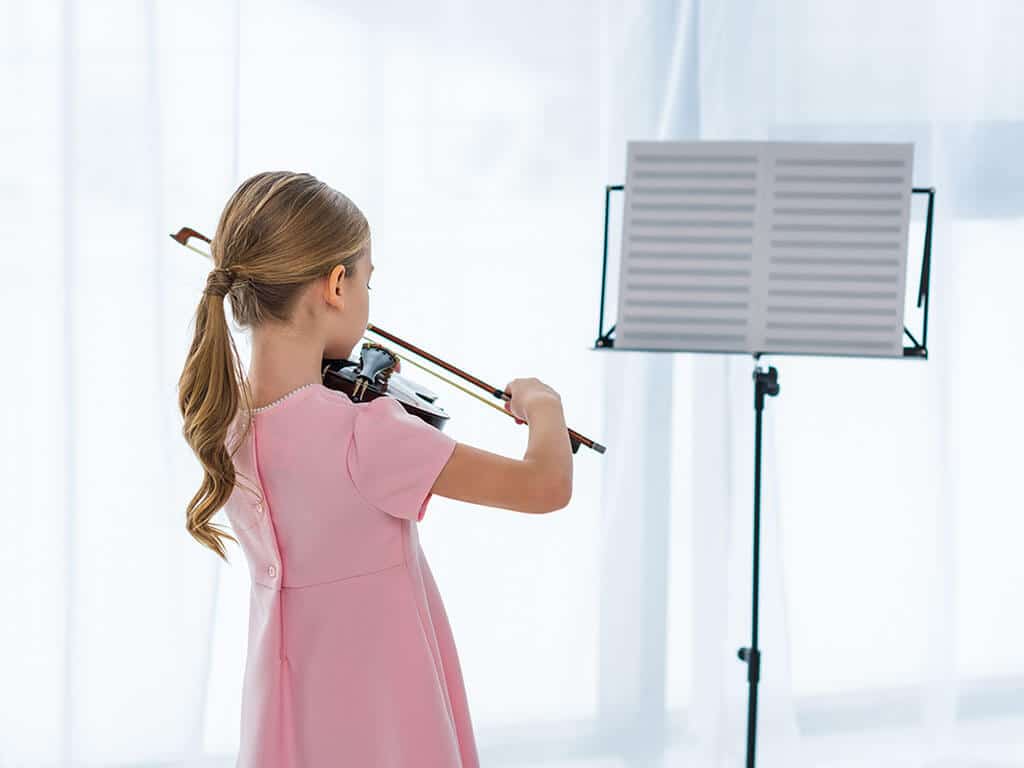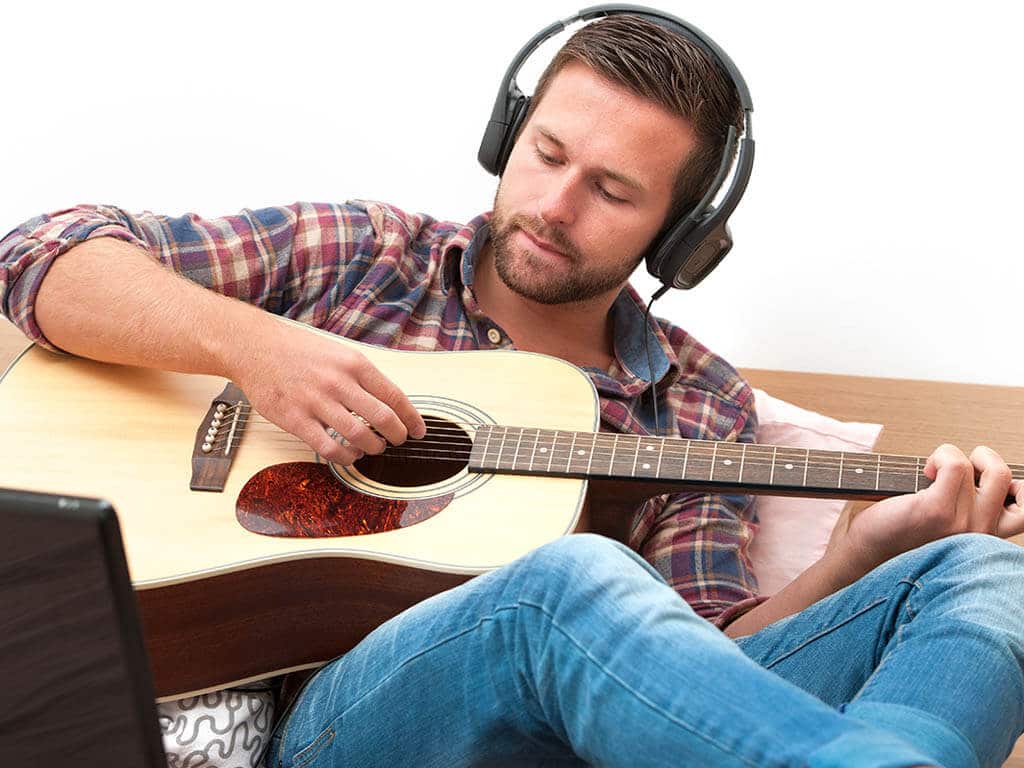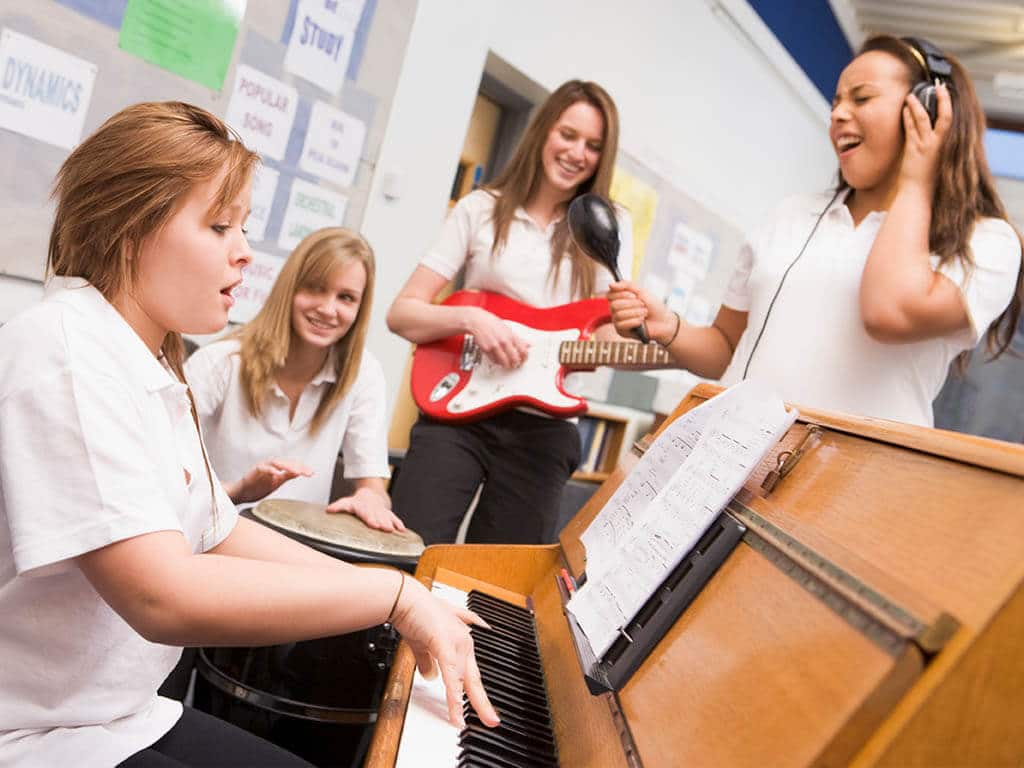5 Ways to Get the Most Out of Music Lessons
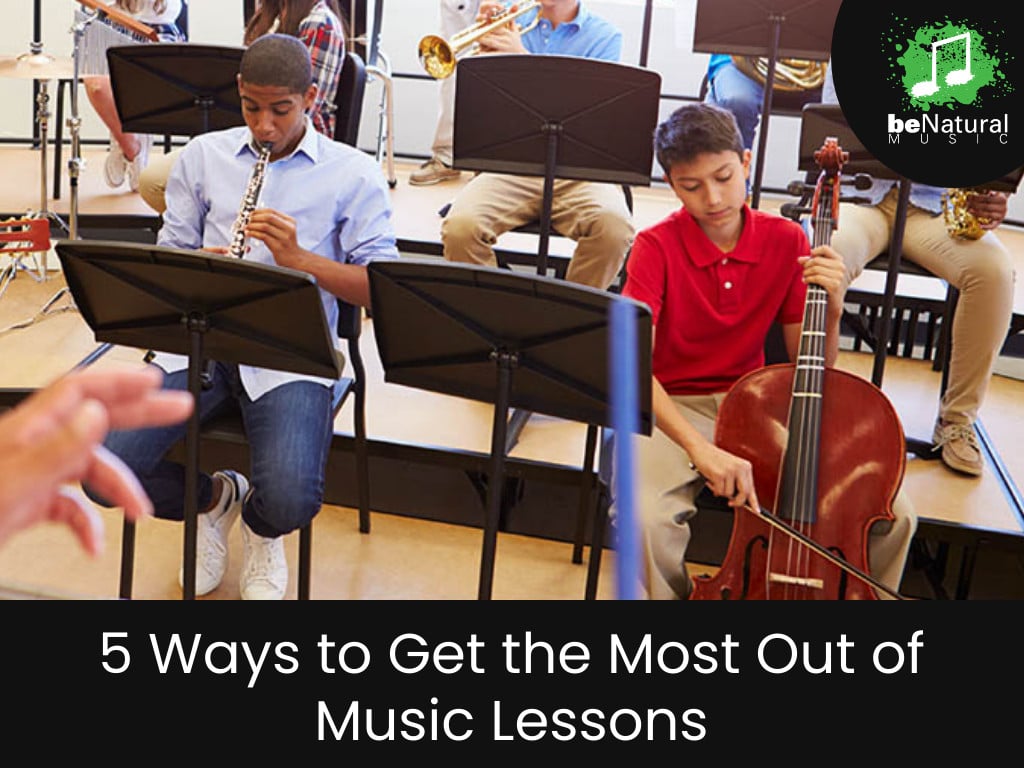
You invest a lot of time and money in music lessons. Because of this, you want to get as much out of them as possible. Unfortunately, without the correct approach, you might not achieve your goals.
Many people take music lessons in the hope that they will be able to emulate their favorite artists. You might take guitar lessons so that you can play like Jimi Hendrix or piano lessons to be more like Rick Wakeman. Even if you never get to the level of those masters, you want to feel as if you’re making progress.
Progress, however, can be hard to come by. You try hard, but you don’t succeed. It can be depressing.
The good news, though, is that the reasons for your failure might not have anything to do with your innate talent. It could just be your approach to music lessons.
Take a look at these five ways to make the most of music lessons and achieve your music goals.
Pick the Right Music Coach
The word “teacher” might be the wrong word to use when it comes to music coaching. Teaching implies imparting wisdom. But a music coach is more like a partner: somebody who teaches you technique and inspires you at the same time.
Choosing great music teachers can be tricky. Don’t just go for the person who looks best on paper. What you want is somebody you can get along with and who motivates you to succeed. A music coach should form a partnership with you, finding ways to support you in your ultimate goal.
Practice Between Lessons
Learning a musical instrument is not something that you can do in a music lesson. There isn’t enough time. To succeed in music, it’s vital to practice regularly outside of lessons. The progress you make from one lesson to another is often double or triple when you practice.
Practice helps you get the most out of music lessons by allowing you to advance more quickly. You can move from elementary practice arpeggios or drills to performing more advanced pieces. Music lessons are an opportunity for you and your coach to explore any issues related to the technique which may be holding you back in practice sessions. The more problems that crop up during practice, the more you can correct them with help from your coach.
When it comes to playing a musical instrument, practice is vital. Without training, you won’t improve at the rate you want. Before you even pick up a musical instrument and commit to playing it, ask yourself if you have time. Ideally, you want to be able to put in about an hour per day to start. You can reduce this over time, but playing a musical instrument is a significant time investment.
Create the Music Habit
The way to make sustainable habits is to form them around things that you love. You don’t have to force yourself to go to a fast-food restaurant because it’s something you enjoy. You shouldn’t have to force yourself to practice either: that’s not what you signed up for.
There are two reasons most people fail to make practicing a habit. The first is the pressure that they put on themselves. Beginner musicians come to believe that they should be making more progress than they are, and this becomes a source of stress. Instead of letting go of the pressure and just enjoying the experience, people hold onto it, making practice uncomfortable. The pressure can become so great it forces a person to abandon their efforts.
The second reason is that there isn’t enough time in the day to fit practice in. Learning a musical instrument is a matter of priority. You’ll either make time for it or accept that your other commitments are more important.
Practice should be a relaxing habit – ideally something you do to unwind. It’s a great way to spend an empty Sunday morning or a spare twenty minutes before you go out with friends.
Create Realistic Goals
It can be challenging to know how much progress you’re making in your music lessons. Successful musicians, therefore, set goals. Goals help to create milestones and track skills over time.
The type of goals you choose depends on your objectives. You may want to go to music school, in which case obtaining grades may be necessary. By contrast, you might want to learn just for fun, in which case, nailing a particular piece of music might be more critical.
Goal setting is just as much of a skill as playing an instrument itself. You want to set goals that are challenging enough to be meaningful, but not too challenging to be discouraging. If you’re new to guitar, for instance, a goal to shred like Hendrix by the end of the week might be a little ambitious. Likewise, learning to play D Minor sometime before the end of the year could be a little on the dull side.
Take Music Lessons in a Professional Environment
Many people take music lessons at home from traveling coaches. But the home environment may not be the best to learn an instrument.
For one, homes don’t have the best acoustics. But more importantly, houses are a constant source of distraction. The cat could walk in at any point, disrupting proceedings. There might be kids screaming in the background, or the phone could ring.
Students often find that the most successful lessons take place in professional music environments: places where they can escape the usual distractions of life. If you’re easily disrupted during practice, traveling out of your home for lessons could help.
Professional environments also expose you to a range of musical instruments. You may focus on the guitar, but being around other instruments, like percussion, can help develop your sense of rhythm. You can also experiment with acoustic guitar, electric guitar, and bass guitar.
Are you thinking about taking private music lessons? If so, make sure that your motivations are sound. Remember, playing a musical instrument is a serious commitment.

